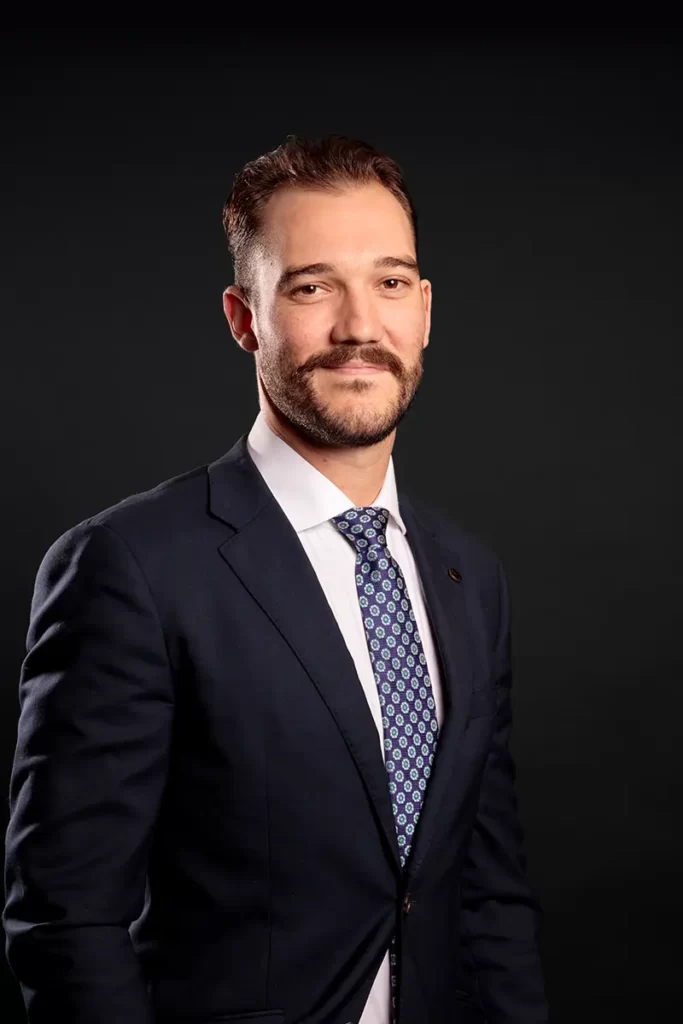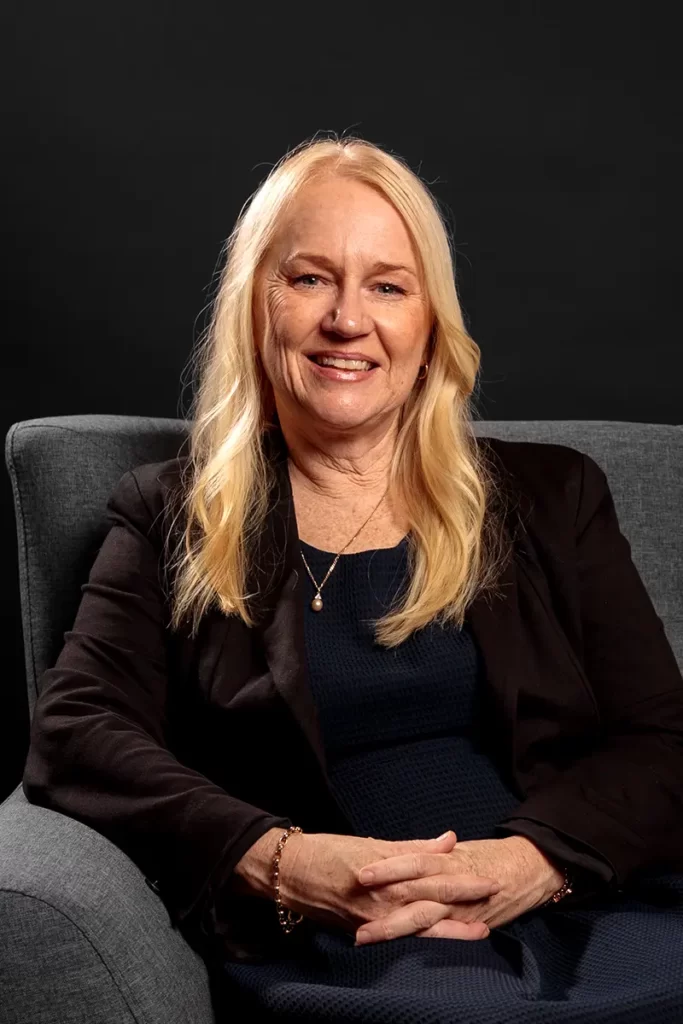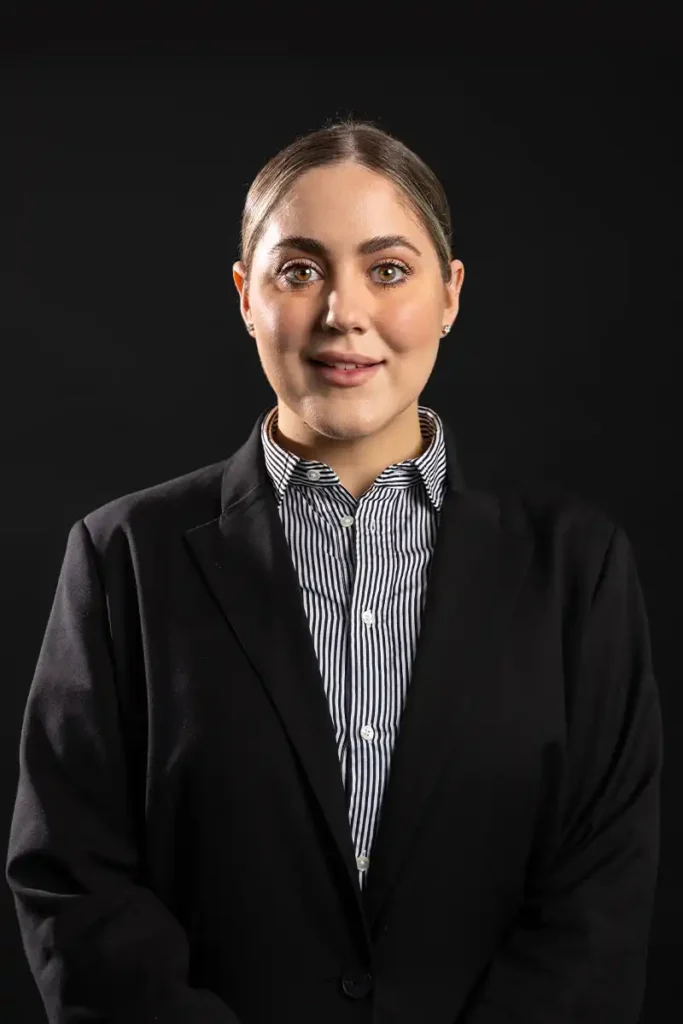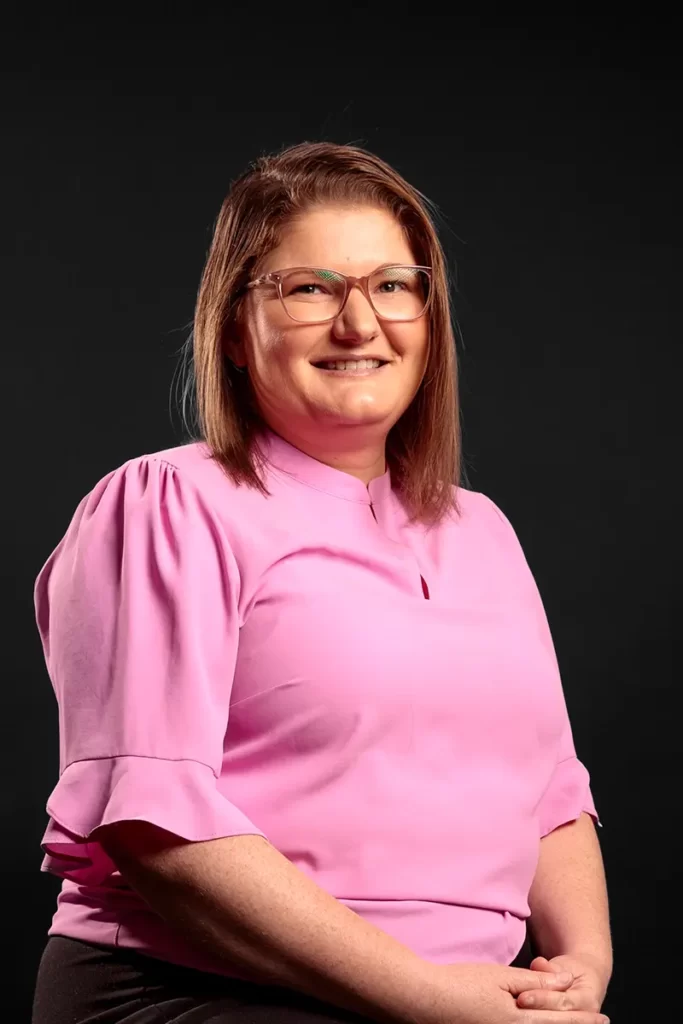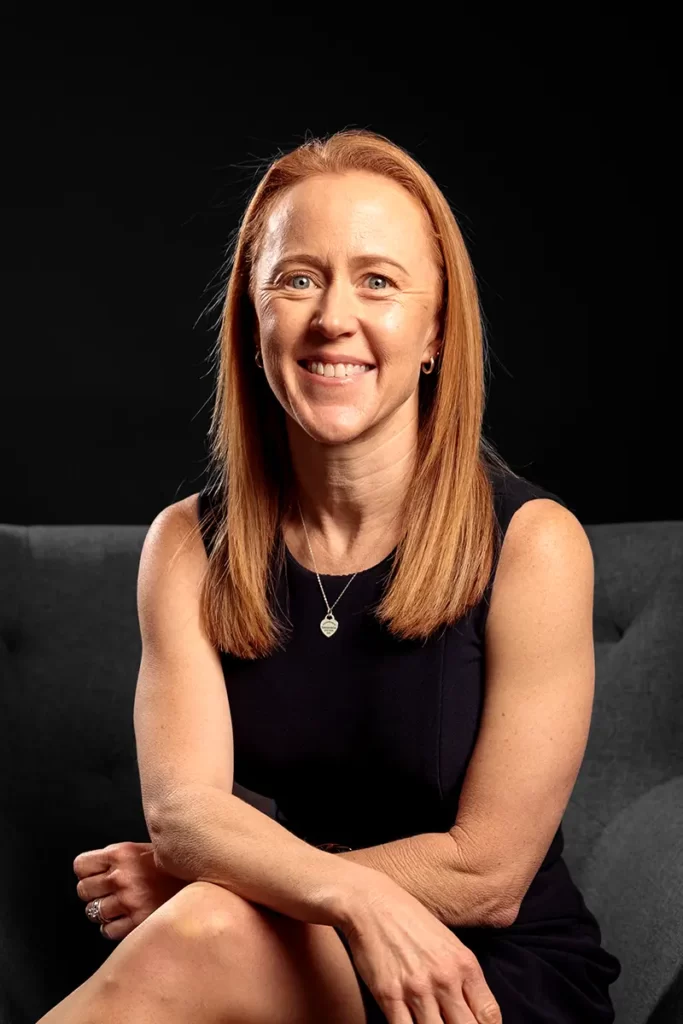Workers’ Compensation for a Work Injury on the Gold Coast
No Win, No Fee Gold Coast Lawyers
If you’ve suffered an injury due to a work accident or have been diagnosed with a condition or illness because of work-related circumstances, Attwood Marshall Lawyers has a team of workers’ compensation lawyers ready to help you submit your claim.
Claiming workers’ compensation with Attwood Marshall Lawyers by your side is a hassle-free, straightforward process and we aim to take the stress out of the situation for you.
We take care of all the steps for you, allowing you to focus on more important matters – like your recovery.
By making a WorkCover claim, you may be eligible to receive compensation for your wages, rehabilitation, medical treatment and support, as well as common law damages in certain circumstances.
Our compensation services are built on a No Win, No Fee model, meaning you are only required to pay for our services if you obtain a settlement or compensation. If your claim is not successful, we’ll waive all fees.
Contact us today for a free, confidential, no-obligation consultation to understand what compensation you may be eligible to claim.
You can also meet with our team at one of our conveniently located offices across the Gold Coast at Robina Town Centre, Coolangatta or just across the QLD-NSW border at Kingscliff.
Time limits apply when making a workers’ compensation claim, so it is important to act quickly. Get in touch with us today by calling 1800 621 071 and speak with one of our specialist Lawyers.
 Free Info Pack
Free Info Pack
To find out more about the process involved in making a QLD WorkCover claim and what compensation you may be entitled to, provide your details below and our Information Pack will be sent to your inbox.
Gold Coast Workers Compensation Claims – Frequently Asked Questions (FAQs)
- Submit a report of your injury (and how it happened) to your employer immediately. This typically involves filling out an Incident Report Form.
- See your GP to complete a QLD Workers’ Compensation Medical Certificate.
- Jump online and complete the Application for Compensation Form.
- Obtain and give a copy of your Application for Compensation and Medical Certificate to your employer. You may also need to submit it to Workcover QLD.
- Get in touch with Attwood Marshall Lawyers to receive legal advice immediately.
Our lawyers on the Gold Coast operate on a No Win No Fee basis.
This means you are only obligated to pay fees if you obtain a settlement or compensation. If you don’t, we’ll waive our fees.
When dealing with workers’ compensation claims, there are two types:
Statutory benefit (no-fault) claims
These claims must originally be lodged under the category of a statutory benefits (no-fault) claim. This entitles workers who are injured to receive weekly benefits (such as income payments), as well as necessary medical treatment and rehab costs. The injured worker will be able to access income stream and treatment costs while they are not able to work. The statutory benefits claim includes a temporary entitlement to benefits.
Once your condition and injury has stabilised, you will be observed by independent medical assessors. If you are deemed as having endured a permanent impairment as a result of your work-related injury, you will be given the option to receive a lump sum payment before your statutory benefits claim is completed and finalised. WorkCover Queensland (or the workers’ compensation designated insurer) will provide you with a Notice of Assessment that features a percentage (%) impairment and an offer in a lump sum format. At this point in the process, you will be able to decide whether to continue with a Common Law Negligence Claim for further compensation (read below). It is important to obtain legal advice around this as early in the process as possible.
Because statutory benefits claims are deemed as ‘no-fault’ (i.e. are not caused due to any form of negligence, unsafe work practices, dangerous workplace, faulty machinery or equipment, etc) the benefits are available only as a temporary compensation. These benefits aren’t designed to compensate the involved worker for any losses – like future costs towards medical treatment or income loss in the future.
Common law claims (fault-based claim)
These claims are based on fault and/or negligence.
If you have suffered an injury at work or during your duties because of co-worker or employer negligence, risky methods of work, unsafe practices, a lack of training, faulty or hazardous equipment, or a related circumstance, you might be able to make a claim for compensation under the category of common law claims.
In comparison to statutory benefits claims (no-fault), for a common law claim to be deemed valid, you need to prove that your employer (or co-worker) was at fault. Alternatively, you will need to prove that you required protection from the injury in question, or from the incident that was likely to occur (e.g. unsafe systems, poor training or a lack of safe work practices).
A majority of injured workers often incorrectly assume that they cannot prove fault, or incorrectly blame themselves for the incident and respective injury. This is why receiving legal advice is so important.
Common law claims is a one-time lump sum payment that is intended to include compensation for any losses you experienced because of your injury or illness. This includes potential future income loss.
Depending on your case, this type of claim will typically feature a lump sum compensation claim based on:
- General damages, suffering and pain;
- A loss of income to date, including superannuation and income;
- Forecasted or future income loss over your remaining career term, as well as superannuation;
- Paid or commercial care fees (e.g. cleaner, landscaper, gardener, trade for maintenance);
- Medical treatment, expenses for rehabilitation, medication, travel fees;
- Support for returning to work;
- Equipment, support, wheelchairs, prostheses, etc;
- Home alternations (if applicable).
In some cases, WorkCover QLD (or the workers’ compensation insurer) will need to contribute to the legal costs for the injured individual.
Workers with employers who are self-insured
A majority of employers in Queensland are insured by WorkCover QLD.
Workers whose employers are self-insured will need to get in touch with the employer’s insurer to submit a claim for workers’ compensation.
Receive legal advice as early as you can
Don’t let your employer persuade you to avoid obtaining legal advice or submitting a claim. In many cases, it is the workers’ compensation insurer that gives out the entitlement for the claim, not the employer.
Our professional workers’ compensation lawyers provide a free, no-obligation initial consultation that allows you to find out where your options sit. We can go through your situation and provide you with any advice and details you need before you make a decision. For a confidential discussion, call us on 1800 621 071.
Under the law, employers in Queensland must insure their employees with workers’ compensation insurance, as the risk for injuries is always present. Employers pay a certain amount as a premium to make sure that WorkCover Queensland (or the workers’ compensation insurer) gives benefits and compensation to those that have suffered an injury. The employer is not responsible for the compensation themselves.
You are eligible to make a claim under workers’ compensation if you have experienced an injury out of, or during the term of, your employment, where your work duties were a major factor in sustaining the injury.
Employees who can make a claim include:
- A full-time or part-time worker;
- A casual or permanent worker;
- A contractor or subcontractor, if the partnership or nature of the work with the employer is one of employment (which is often the case);
- A person considered to be an employee (e.g. juniors, students undergoing work experience and volunteers);
- A self-employed employee (in some cases).
Additionally, the spouse and/or dependents of an injured employee might be able to make a claim and receive benefits in the case of an extensive/severe injury or if a fatality occurs.
If you’re not sure whether you’re eligible for this, it’s important you obtain legal advice at the earliest possible opportunity. For a free, no-obligation discussion, call us on 1800 621 071.
Depending on your case, a common law claim will usually involve a lump sum compensation claim for:
- General damages, pain and suffering;
- A loss of income to date, including interest and superannuation;
- Possible or future loss of income over the rest of your career, plus superannuation;
- Paid or commercial support costs (e.g. a paid cleaner, gardener, home maintenance);
- Medical expenses for treatment or rehabilitation, medication and travel fees;
- Assistance for returning to work;
- Wheelchairs, equipment for rehabilitation, medical essentials, etc;
- Modifications to the home (if needed)
In some situations, WorkCover Queensland (or the workers’ compensation insurer) will need to provide a contribution to the injured person’s legal expenses.
Your Application should ideally be lodged with the workers’ compensation insurer ASAP. You can put forward your application online on the WorkCover Queensland website. The applications are to be filed within six months of the incident taking place at work (or first symptoms appearing), although in some cases that time can be extended depending on the situation.
There is a three-year limitation beginning from the date the injury happened, in which to either commence the claim in court or to lodge a Notice of Claim for Damages.
If this doesn’t happen in the span of three years, the claim may be statute-barred, and you will be stopped from submitting a claim.
However, if you have not obtained your Notice of Assessment (i.e. notice of percentage impairment and lump-sum offer) from WorkCover Queensland (to move forward with your common law claim) within the three years from the date of the injury, you can still submit your Notice of Claim for Damages within six months of obtaining the Notice of Assessment – failing which the claim would then be statute-barred.
Each case is different. Strict time limits apply.
Workers’ compensation claims can be complex. It is important that you obtain legal advice about your specific circumstances and claim at the earliest opportunity.
Our expert team of Gold Coast lawyers offer a free, no-obligation consultation to help you start the process. We can go through your circumstances and provide you with any details that you need to decide on what steps to take next. Call us on 1800 621 071.
This differs from one case to the next, but workers’ compensation claims are determined by:
- The circumstances and extent of your injuries and how long it will take to stabilise (usually 6 to 12 months post-accident or post-surgery);
- How much time is remaining on statutory benefits (before moving forward with your common law claim);
- The amount of defendants to the common law claim and their viewpoints towards settlement or moving forward to court (workers’ compensation claims often settle before the point of court);
- The legalities and steps needed to progress your claim to settlement/court award.
After you have commenced your common law negligence claim (by submitting a Notice of Claim for Damages), those involved with the claim must attend a compulsory settlement conference within nine months to attempt to resolve the claim outside of court. The conference often occurs six to nine months after the Notice of Claim is submitted. Many claims are resolved at this point.
If the claim isn’t resolved at the conference, a further settlement conference (referred to as a mediation) is typically held six to 12 months later. Claims typically do not proceed to a trial.
A majority of claims are resolved six to 18 months after the Notice of Claim is served. The earlier you begin your claim, the sooner you will obtain a settlement.
If you experience physical and/or psychological injuries, illnesses, diseases or other conditions, as a result of your work, you may be entitled to claim compensation.
Common injuries for this type of claim includes:
- Spinal or back
- Neck
- Disc bulge, disc herniation, disc fracture or disc protrusion
- Brain conditions or injury
- Head injury
- Soft tissue
- Shoulder
- Knee
- Arm and wrist
- Hand or finger
- Leg, foot or toe
- Hip or pelvis
- Psychological trauma
- Repetitive strain injury (RSI)
- Burns
- Scarring
- Cuts and lacerations
- Asbestos or silicosis
- Fatality
Workers’ compensation incidents can happen in any industry, at any time. Accidents that result in workers sustaining injuries and therefore submitting compensation claims differ extensively.
Common examples of work accidents may relate to:
- Mining
- Construction
- Forklift accidents
- Equipment and machinery accidents
- Farming
- Industrial accidents
- Hospitality
- Manual labour
- Process or production
- Factory-related or warehouse
- Manufacturing and retail
- Trade and construction
- Driving
- Scaffolding
- Slips, trips and falls
- Electrical incidents
- Injury from falling objects
- Bullying, intimidation, harassment, discrimination
- Repetitive strain or use
- Over period-of-time (OPT) injuries
- Lifting or carrying accidents
- Exposure to trauma
- Mechanical accidents
- Falling from height
- Faulty equipment
If you have experienced an injury at work, it is your employer’s insurer (usually WorkCover Queensland) that needs to pay the compensation – not your actual employer.
Your employer isn’t permitted to treat you unfairly due to your injury, or because you have submitted a claim. If they do, you may be entitled to submit a claim for unfair dismissal or discrimination, alongside your original claim for workers’ compensation.
Remember, your employer pays insurance premiums for these exact situations.
If you are feeling unsure or concerned about a potential unfair dismissal, our team includes expert Gold Coast employment lawyers who can support you.
We have supported injured workers against workers’ compensation insurance companies on the Gold Coast for 75 years.
Our staff are trained to listen and communicate with you to make sure all aspects of your case are thoroughly understood.
The Personal Injury Team are exceptionally experienced, talented and qualified, making us industry-leaders in the compensation law field. Best of all, we operate on a No Win, No Fee basis.
We know these situations can be daunting. Our team are here to assist you at every stage to ensure you obtain an optimum result as quick as possible, with minimal stress.
Meet our Compensation Law team
Our dedicated team of lawyers who practice exclusively in compensation law and personal injury claims can assist with all compensation claims on a ‘No Win, No Fee’ basis.
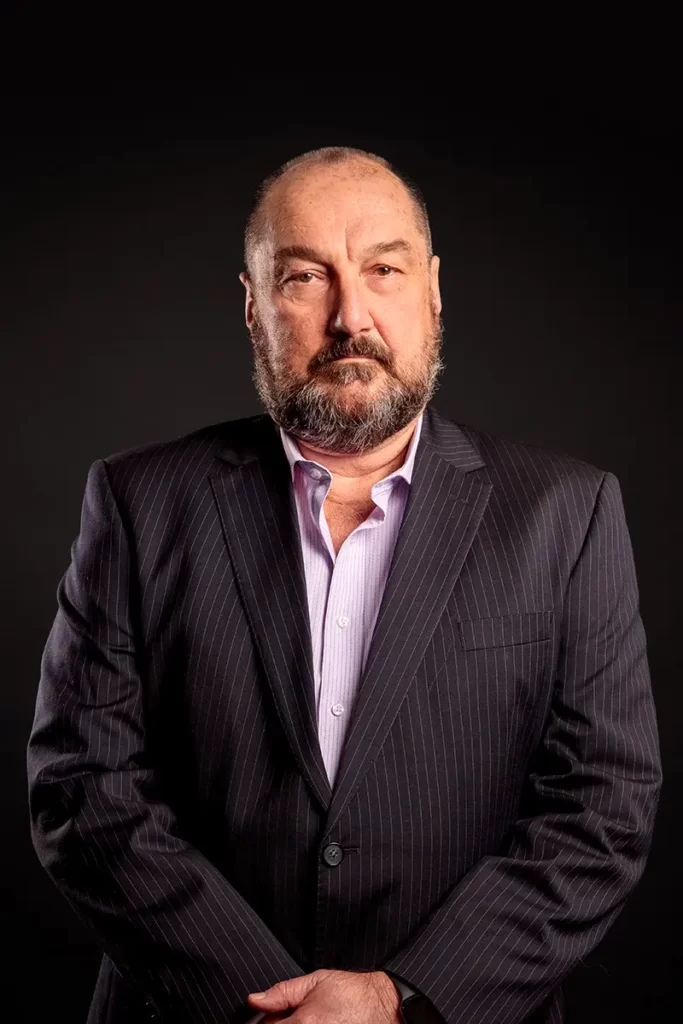
Jeff
Garrett
No Win, No Fee Gold Coast Compensation Lawyers
We take on matters on a No Win, No Fee basis for the majority of workers’ compensation claims. You are only required to pay our fees if we win your case and you receive compensation. Our services have no upfront costs.
For peace of mind, we offer a free, no-obligation initial discussion so that you can discover your options and find out where you stand legally. You can see our team at any of our offices across the Gold Coast at Robina Town Centre, Coolangatta or just over the NSW border at Kingscliff.
Message our Department Manager, Tyra
Free Workers’ Compensation Checker
Check now to determine if you have a No Win, No Fee compensation claim in 30 seconds or less.
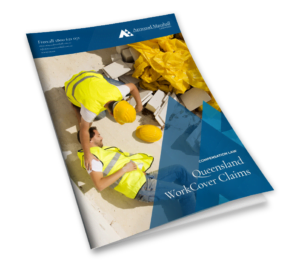 Free Info Pack
Free Info Pack

